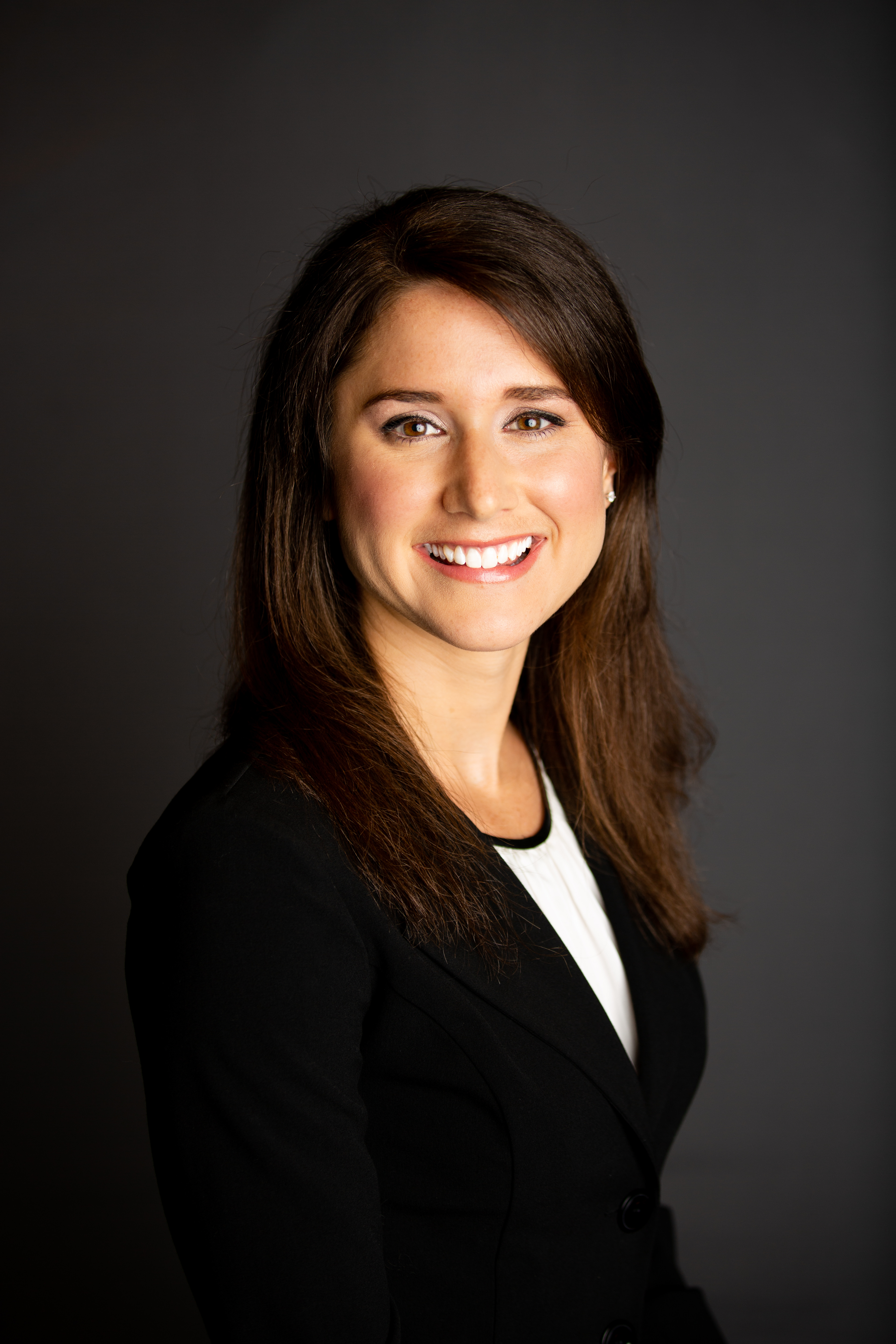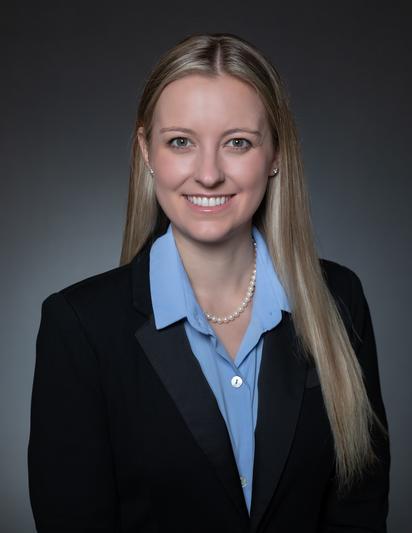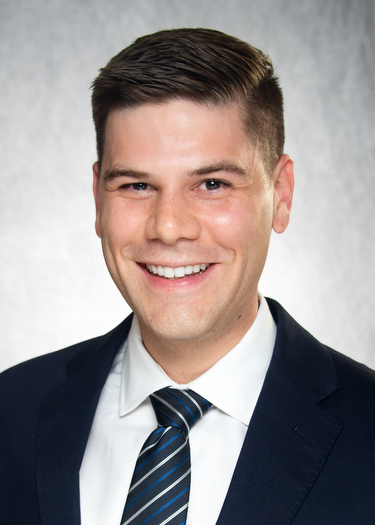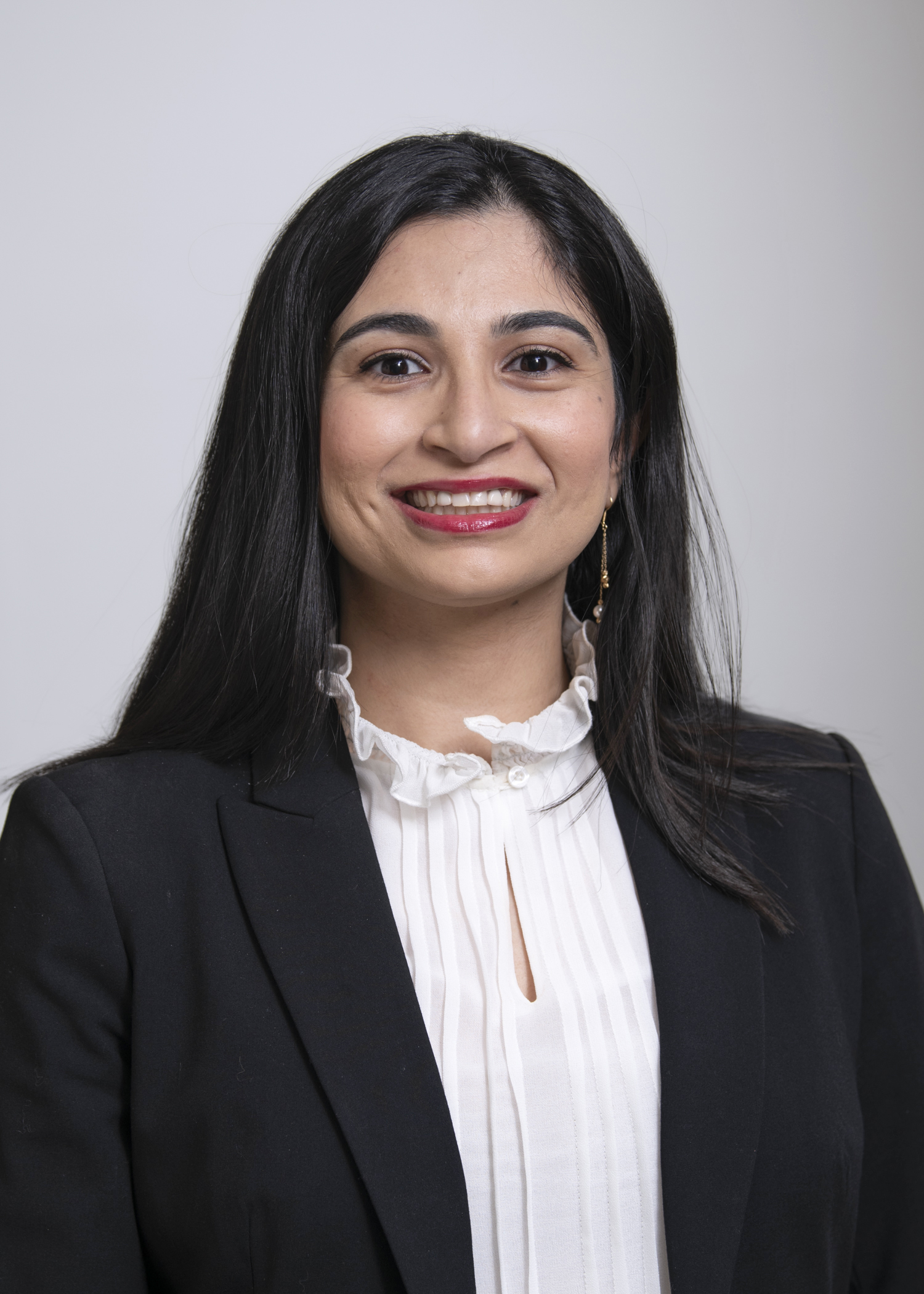The AUPO/RPB Resident and Fellow Research Forum was established through a grant provided by Research to Prevent Blindness (RPB). The AUPO believes strongly that skills learned by participating in research are an invaluable component of the education of an ophthalmologist. The establishment of the Resident and Fellow Research Forum acknowledges the importance of research in ophthalmic education and is intended to encourage the most promising house officers to pursue a career in academic ophthalmology and vision research. Through this forum AUPO promotes excellence in research by residents and fellows and identifies and supports individuals considering a career in ophthalmic research. Each year, AUPO schedules a session for the Forum as an integral part of the annual meeting. Travel-related expenses for the meeting are covered by AUPO; winners receive a cash award of $500 and a commemorative certificate.
Nominations are open through September 12.
2025 Resident and Fellow Research Forum Participants

Kristin Ates Hicks, MD, PhD
University of Florida
Kristin Ates Hicks is a current ophthalmology resident at the University of Florida. Kristin’s clinical and research interests began early during her undergraduate education at Tulane University, where she obtained a double major in both Cell & Molecular Biology and Neuroscience. She knew she not only wanted to serve patients as a future physician, but she wanted to contribute more to the translational research field. Thus, she pursued her graduate training with the Medical College of Georgia’s combined MD/PhD program. She obtained a PhD in Neuroscience under the mentorship of Y. Albert Pan, PhD during which she collaborated with the NIH’s Undiagnosed Diseases Program. Kristin continued her research endeavors at the University of Florida, where she worked closely with W. Clay Smith, PhD in the investigation of a gene-agnostic tool in an effort to stop or slow the rate of retinal degeneration in inherited retinal diseases (IRDs). Kristin has received multiple awards for her research endeavors throughout her training career. She considers herself very fortunate to have had incredible mentors throughout her journey. Kristin aspires to provide exemplary care to her future patients and to contribute more to the advancement of knowledge in ophthalmology in her career.

Whitney Stuard Sambhariya, MD, PHD
Johns Hopkins Wilmer Eye Institute
Whitney Sambhariya is an ophthalmology resident at the Wilmer Eye Institute at Johns Hopkins Hospital. She was born in Dallas Texas and attended UT Southwestern Medical School. At UT Southwestern she participated in the Medical Scientist Training Program (MD/PhD) receiving her PhD in cell and molecular biology. She was awarded the Ho Din Award the school's highest honor.
She is currently working on retinal ganglion cell transplantation to restore vision in glaucoma and optic neuropathy in Dr. Thomas Johnson's Laboratory. Whitney has co-authored over 20 peer-reviewed papers, including JAMA Ophthalmology, J Biol Chem, FASEB, PLoS One, and IOVS. Whitney has received a variety of awards for her research and leadership including the Tylenol Healthy Futures Award, PEO Scholar, Wilmer Mitchel Prize, NAEVR’s Emerging Vision Scientist Program, as well as a F30 NIH grant.
Whitney is avidly involved in advocacy, having written over 40 policies for medical societies. She sits on multiple boards including the AMA Foundation and Maryland State Medical Society Board of Trustees. Whitney’s motivation to care for patients and push the boundaries of medicine will fulfill her drive to become a physician-scientist. As a physician-scientist, she hopes to have the opportunity to effect change not just to society’s current state, but also its future. She hopes to mold this interest, through both laboratory and clinical experiences, to make contributions to restoring sight to those who have lost it.

Andrew Voight, MD, PhD
Northwestern University
Drew Voigt is a second-year resident in the Department of Ophthalmology at Northwestern University. He attended St. Olaf College in Minnesota, where he played NCAA Division III soccer, before pursuing an MD/PhD at the University of Iowa. In his graduate research under the mentorship Dr. Robert Mullins, he performed the first single-cell RNA sequencing studies on human post-mortem donor choroid and identified gene expression changes in choroidal endothelial cells during normal aging and age-related macular degeneration. He is currently a research-track resident at Northwestern University, and his post-doctoral research with Dr. Jeremy Lavine investigates how macrophages promote pathologic neovascularization in wet macular degeneration. His research often incorporates bioinformatics and high-performance computing to better understand mechanisms of disease. Drew won the D.C. Spriestersbach Prize for the top research thesis at University of Iowa and has co-authored over 40 peer-reviewed publications. He aspires to be an NIH-funded physician scientist who investigates genetic retinal diseases and their treatments.

Seyedeh (Maryam) Zekavat, MD, PhD
Harvard Medical School
Seyedeh (Maryam) Zekavat, MD, PhD received her BSc in Biological Engineering from Massachusetts Institute of Technology (MIT). Supported by an MIT International Science and Technology Initiatives Grant, she studied at Roche in Switzerland where she developed a computational model of retinal cholesterol dynamics to model drusen development in dry age-related macular degeneration. After graduation, she worked at the Broad Institute of MIT and Harvard as a Computational Biologist, using diverse computational and bioinformatics tools to study inherited genetic causes of blood lipid variation and myocardial infarction in humans. As an MD/PhD student at Yale, Dr. Zekavat studied the phenotypic consequences of acquired hematopoietic somatic variants, identifying significant associations between clonal hematopoiesis and infections, including severe COVID-19. Now as an Ophthalmology resident at Mass Eye and Ear, Dr. Zekavat is applying her prior experiences with big-data analytics in genomics, phenomics, and imaging towards Ophthalmology. Combining retinal imaging, systemic phenotypes, and genotypes using deep learning and other analytical methods among thousands of individuals, she has linked retinal imaging features with genomics, metabolomics, and with future risk of systemic and ocular phenotypes. She aspires to be a physician-scientist in Ophthalmology, applying Computational Biology and Bioinformatics towards ‘omics datasets to improve understanding of the link between the retina and systemic health, and also improve diagnostics and treatments for both ocular and systemic conditions.
Additional Information
Eligibility
Nominees for the Resident and Fellow Research Forum must fulfill the following criteria:
- Ophthalmology residents in accredited programs in the United States or Canada or clinical fellows in AUPO FCC compliant or ASOPRS programs carrying out research on a full or part time basis. Medical students doing a full year of research are also eligible.
- Research content should reflect ongoing or very recent research that has not yet been published or accepted for publication at the time of submission
- Applications across the full spectrum of ophthalmic diseases are encouraged
- A winning presenter is eligible to present only once at an AUPO annual meeting
Nominations
- Candidates must be nominated by their Department Chair
- The Application Packet must include the following items (10 pt. font or greater):
- A letter (not to exceed two pages) from the Chair summarizing the Nominee’s special qualifications for the Award and verifying
- the percent of ‘hands-on’ effort by the candidate described in the abstract
- the cash prize will be awarded directly to the Awardee and not counted against normal compensation or deposited in department accounts
- the Awardee will attend the AUPO Annual Meeting to receive the award and will be accompanied by the Chair or an Associate Member from their department
- One-page curriculum vitae
- Abstract of research carried out by candidate
- abstracts should indicate the percent of “hands-on” effort of the work performed by the candidate
- abstracts should be in ARVO format
- the introduction should contain a single sentence statement of the hypothesis
- the conclusion should contain a single sentence statement of the relevance of the work to the prevention of blindness (why the study is therefore important)
- A letter (not to exceed two pages) from the Chair summarizing the Nominee’s special qualifications for the Award and verifying
- No candidate may submit more than one abstract, although there is no limit to the number of abstracts that may be submitted from any department. In general, there should be only one submission from the laboratory or program of an individual scientific faculty preceptor.
The completed application packet must be compiled by the Department Chair and submitted electronically by September 13.
Selection Process
- All applications will be reviewed by a Selection Committee, consisting of Chairs and Directors of Research from Departments of Ophthalmology.
- The four successful candidates will be notified in October.